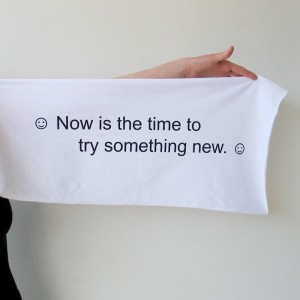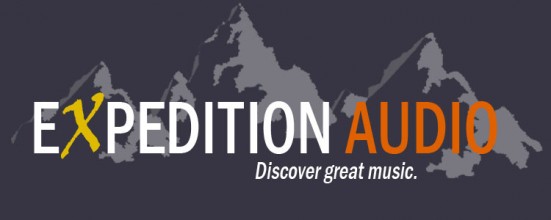Listening for discovery: 9 Tips to make exploring classical music more fun and fruitful
At Expedition Audio, we recognize that exploring classical music can be both time consuming and expensive. That’s especially true when one encounters the sheer breadth of music available today. If you’re just getting started, where do you begin in the face of overwhelming options? Even the experienced collector can get stuck in a rut, listening only within his or her comfort zone. So to assist your efforts, here are 9 tips to make exploring classical music more fun and fruitful while saving you time and money along the way.
[frame align=”center”] [/frame]
[/frame]
1. Don’t use a guide. If you set out to hear all the music suggested in a guide, you’ll waste a lot of time listening to music you don’t like. Guides aren’t necessarily wrong, but no one guide can be right for everyone. They suggest largely the same list of music and most guides don’t go past Shostakovich or the 1970s, ignoring the fact that there is more classical music being written today than at any other time in history. Instead, be your own guide by beginning with #2.
2. Start with what you love. There’s no better place from which to embark on your exploration than from the music you already enjoy. Consider the ensemble (orchestral or chamber music, for example) time period, the composer’s contemporaries, how tonal or dissonant it is — among a myriad of other variables that make up your interest — and use them as your launch pad! You can even combine them by, for example, clicking on contemporary orchestral and browsing by the tonality icons on Expedition Audio. You can also browse by all these categories on HBDirect.com under “More Ways to Explore” on the right-hand column of the home page.
3. Mix listening habits. Think of the world of music as a tree with a network of branches. You can either delve into a time period or genre more deeply by branching off — to less common composers of the Romantic era for example — or swing to a new branch and explore a completely new genre. Both strategies cultivate musical perspective, but in different ways.
4. Listen before you buy. Seek out free samples of music before purchasing the complete album. You’ll find many extended sound clips on Youtube, for example. If you like what you hear, you’ll be far more likely to be happy with the entire CD. Expedition Audio understands the importance of providing samples for music explorers on a budget. That’s why it provides full-track sound samples plus a money-back guarantee to help take the risk out of music exploration.
5. Give the piece an honest listen. Discard preconceptions in a listening situation. Expectation can befog a musical message, so don’t go in expecting to enjoy or not enjoy a piece of music. Let it speak to you. “You can’t judge a book by its cover” applies to music too. And give it time — often you will warm to music after five or ten minutes even though you were not particularly fond of it at first.
6. Be prepared to hear music you don’t like. It’s alright not to like a piece of music. If you don’t like something, spend just 30 seconds thinking about why that’s the case. Understanding your preferences means understanding what you don’t like as much as what you do. And remember, “In matters of taste, there can be no disputes.”[frame align=”right”]
 [/frame]
[/frame]
7. Don’t try harder, try differently. Some classical music guides advise people to listen to the same piece over and over when trying something new. www.getintoclassical.com has on their home page, “Don’t expect to make sense of even a single movement until you’ve heard it 10 times.” Though some music may be complex and clever, you’ll often know immediately if there’s substance to it. Instead of listening to the same piece 10 times, listen to 10 different pieces 1 time before coming back to the original work. You will have gained new musical perspective and be able to appreciate and discern its idiosyncrasies and complexities more acutely.
8. Read about the composer and composition. There’s an album on E.A. containing a string quartet which portrays in music a flight of larks. Knowing this fact would greatly enhance anyone’s listening experience. Take time to read the booklet notes that come with the disc as you will elucidate more meaning while listening and provide yourself new avenues for discovery and understanding.
9. Remember where you learned of the music you like. There are many magazines and websites reviewing classical recordings. If you’ve purchased an album you read about somewhere and really enjoyed it, go back to that source. It’s quite likely that your taste in music and that of the reviewer are complementary. Expedition Audio is unique in that everything on the site is recommended; it’s a condition for being included. In addition, everything is guaranteed through E.A.’s sister site, HBDirect.com.
Expedition Audio is all for hassle-free, risk-free, music exploration. We hope these tips have been beneficial to you and your music exploration strategy. What other tips might you have for listeners wanting to explore great music?




